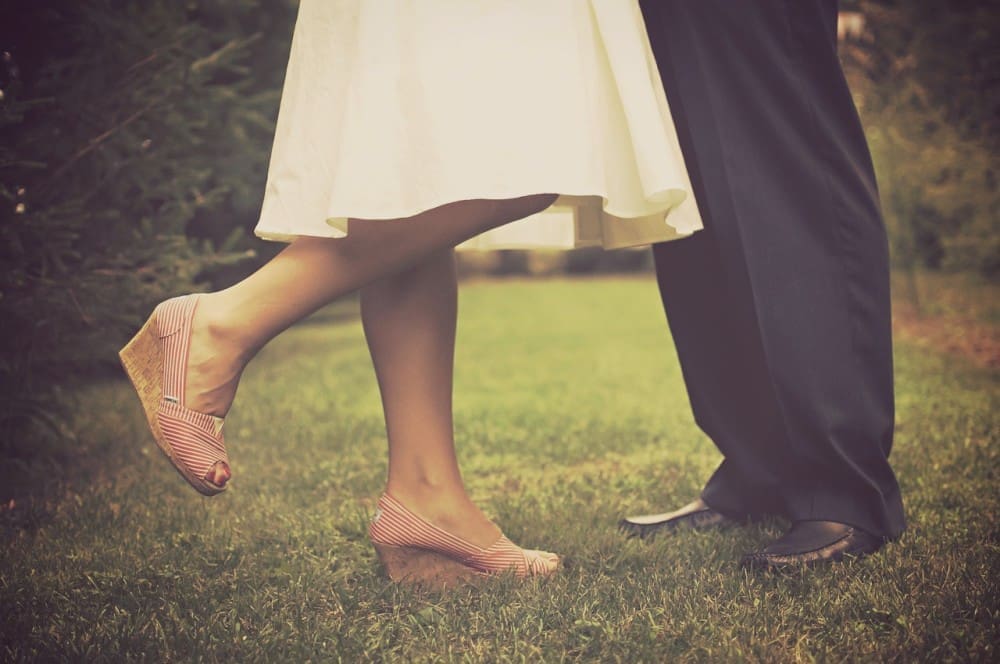There is something quick and easy and powerful that could strengthen your relationship and help to protect it from turning into ash. It is something that can be done every day – many times during the day – and according to new research, it makes a remarkable difference to how your feel about your relationship, how committed you are to it and to how solid you believe it to be.
Okay – enough of the build-up … The most consistent and significant predictor of the quality of a marriage was the expression of gratitude between partners. Relationships wither when either person feels taken for granted. Actively noticing the things that your partner does for you and for the relationship keeps the connection alive and directly influences relationship satisfaction, commitment and beliefs around its staying power.
A recent study found that expressing gratitude protects relationships from breakdown, and can also buffer them from the negative effects of conflict. As explained by Allen Barton, lead author and postdoctoral research associate at the University of Georgia,
‘It goes to show the power of ‘thank you’. Even if a couple is experiencing distress and difficulty in other areas, gratitude in the relationship can help promote positive marital outcomes.‘ – Allen Barton, lead author and postdoctoral research associate, University of Georgia.
The way an issue is dealt with will needle away at the connection and generosity within a relationship at least as much as the issue itself. Arguments are a normal part of any relationship but when the fighting draws on irrelevant detail, or when there is criticism, nagging and berating on one side, and avoidance, defensiveness or the silent treatment on the other, it can weaken even the strongest relationship at its core.
Of course, the best way to protect a relationship against dirty fighting this is to not do it in the first place, but if the communication is struggling, actively appreciating each other softens the fallout.
The effect of gratitude doesn’t only lie in the way it buffers against conflict, but also in the way it nourishes the relationship from within. We humans tend to be at our best when we feel connected to other humans, especially the ones we care about. Gratitude fuels this by nurturing positive feelings, closeness and a deeper connection. Emotional generosity within a relationship will always fuel more emotional generosity, provided of course that both people are healthy and capable of being warm, loving and appreciative.
In any relationship, intimate or otherwise, connection is key. We are all wired to seek it and we thrive when we have it. Actively appreciating and valuing the person you love and live with is powerful protection for any relationship, and has the proven capacity to put back what the daily stresses and struggles might otherwise take out.
[irp posts=”981″ name=”Desire in Long Term Relationships: Keeping it and Finding it When It’s Gone.”]
[irp posts=”143″ name=”Relationships: The 6 Reasons People Leave (And How to Avoid It Happening To Yours)”]


Leave a Reply